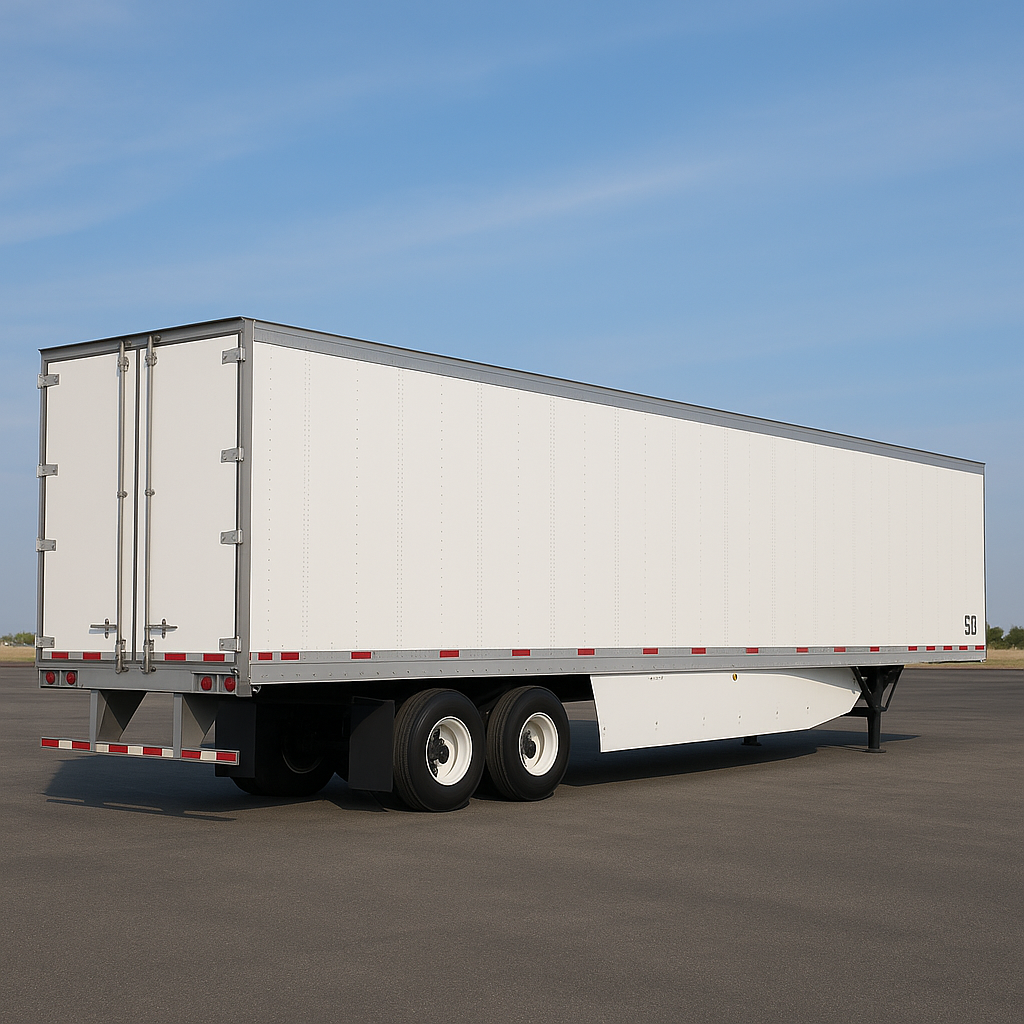In the dynamic landscape of warehouse operations, the quest for efficient storage solutions is never-ending. Mobile Storage Solutions emerges as a game-changer, offering versatile storage trailers, shipping containers & more mobile storage benefits to warehouse management. From handling slow-moving inventory to facilitating facility consolidations, these storage trailers prove to be indispensable tools for businesses striving for operational excellence.
1. Alternative for Storing Slow-Moving Stock
One of the primary advantages of leveraging Storage Trailers in warehouse operations is their ability to serve as a strategic alternative for slow-moving inventory. Rather than tying up valuable warehouse space with items that have a low turnover rate, businesses can efficiently utilize these trailers. By doing so, they free up precious warehouse slots for faster-moving products, ultimately optimizing storage capacity and enhancing overall efficiency. It’s a savvy approach to managing inventory dynamics and ensuring that every square foot of the warehouse contributes to productivity.
2. Warehouse Facility Storage Consolidation
In the ever-evolving business landscape, warehouse facility consolidations are a common occurrence. Express Mobile Storage Solutions steps in as a crucial partner during such transitions. Storage Trailers can be employed to temporarily store goods during the consolidation process, providing businesses with the flexibility needed to streamline operations seamlessly. By utilizing these trailers as additional storage space, companies ensure a smooth consolidation process, minimizing disruptions and maintaining operational continuity.
3. Dock-Level and Mobile Storage Flexibility
Express Mobile Storage Solutions understands the importance of yard flexibility in warehouse operations. Storage Trailers come equipped with dock-level capabilities, simplifying the loading and unloading of goods. Their mobile nature allows businesses to position them strategically within the yard, catering to specific operational requirements. This flexibility not only enhances workflow efficiency but also ensures convenient access to stored items. It’s a dynamic solution for businesses that need adaptability in their day-to-day operations.
4. Facility Maintenance and Yard Supply Storage
Storage Trailers prove to be more than just storage solutions for inventory. They play a vital role in organizing and optimizing warehouse space for core operations. By serving as storage for facility maintenance equipment, tools, and supplies, these trailers keep the warehouse clutter-free. This approach allows businesses to allocate prime warehouse space to revenue-generating activities while ensuring that maintenance-related items are easily accessible when needed in secure vehicle storage and truck parking yards . Moreover, the trailers can also serve as a practical storage solution for yard supplies, contributing to efficient yard management.
Express Mobile Storage Solutions brings a revolution to warehouse management through its innovative Storage Trailers. Businesses can benefit from the flexibility, efficiency, and strategic advantages these trailers offer in handling slow-moving inventory, facilitating facility consolidations, ensuring dock-level and mobile flexibility, and optimizing storage for maintenance and yard supplies. By choosing Express Mobile Storage Solutions, shipping container and trailer rentals in Toronto, Burlington, Brampton, Hamilton, Mississauga, North York, Vaughan, Pickering, Ajax, Oshawa, Markham, Scarborough, Etobicoke & Southern Ontario can elevate operations to new heights, achieving a perfect balance between space optimization and operational excellence.
Learn more about the best storage solution options with our Top 5 Self Storage Solution list

